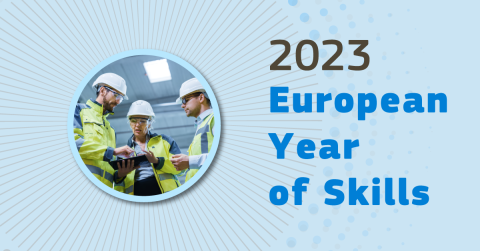To achieve the EU’s decarbonisation goals and deployment of clean, low-carbon and efficient heating and cooling technologies, a skilled workforce with the proper training and certification is of utmost importance. All current upskilling and reskilling opportunities require not only additional promotion and funding, but also backing by additional training tools and programmes and stakeholder partnerships. Furthermore, we need to ensure that the training and certification are mutually accepted in the EU countries, which in turn should also ensure a reciprocal process of recognising such coming from overseas.
In the specific context of the revision of the F-gas Regulation, extending the current F-Gas training and certification scheme to alternative refrigerants is crucial to achieve the Regulation’s objectives which greatly depends on a large uptake of alternative low GWP refrigerants. Indeed, training and certification are required to avoid accidents, injury and fatalities involving systems with alternative greenhouse gas refrigerant systems. Currently, the proportion of F-Gas certified personnel trained on alternative refrigerants is far below market potential, creating a gap that limits alternative refrigerants uptake. Extending the current F-gas training and certification scheme to alternative refrigerants would address this issue. However, ensuring the widespread of training and certifications for those refrigerants across Europe will require time.
As stated by AREA's President, Coen van de Sande, ''Our sector welcomes big challenges such as the refrigerant transition, the energy transition and digitalisation. However, to meet these challenges and the evolving landscape, we need to attract new talent. The European Year of Skills presents an exciting opportunity to help us show how attractive our sector is for newcomers and people from other sectors who are looking for meaningful jobs in a dynamic environment.''
AREA will support the spirit and activities of the European Year of Skills to attract new talent, help people get the right skills to meet the ever-increasing qualified labour demand, and assist them in facing the new technological challenges such as using new flammable refrigerants and more complex H&C systems.


